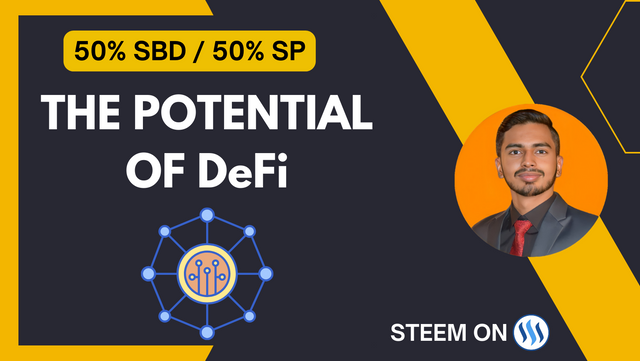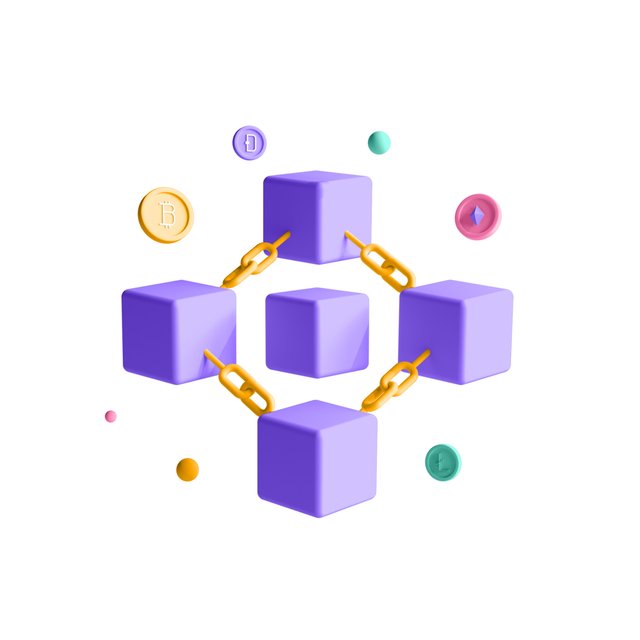The Potential of Decentralized Finance (DeFi)

Introduction
DeFi is short for decentralized finance. It is in total contrast with the traditional banking system because it does not use or run according to the decisions of the financial institutions. Its technology is based on blockchain. The main emphasis that is at the core of DeFi's great benefit is the fact that the transactions are transparently noted in a public ledger, which everyone can see, but the information in that ledger is something that no one can change. This article looks at just how secure and reliable DeFi really is, at the guiding principles behind its operations, and, most importantly, the problems that are ultimately solved by DeFi in the conventional financial system.
Understanding the Importance of DeFi
DeFi's task is to make financial service more accessible and inclusive. This means that even if you do not have an account in a bank, through DeFi platforms, you can receive credits, make investments, and manage assets. All of that with just internet and a digital wallet.
DeFi accelerated in importance over these years, liberating man from the stronghold and shackles of vintage financial systems. You, for example, desire a loan in a traditional bank, then you have to put in a cumbersome procedure of documents and at the same time have a good credit score. But in DeFi, you will have to validate your digital identity, and you can take a loan through digital asset.
Another reason for the surge in popularity of DeFi is the increased returns and opportunities that investors and users get in comparison to traditional banks. People on DeFi platforms get high interest rates on a savings account, and one can invest in a variety of digital assets that are not found in traditional markets.
Core Principles of the DeFi Ecosystem
Openness: Open-source DeFi systems are, in the broadest sense, where their code can be reviewed by anyone. This fosters transparency and creates trust among users of systems. In addition, openness also means that anyone, from anywhere, can be a part of the system without discrimination. This makes financial services very accessible on a global scale.
Interoperability: DeFi applications are designed to be interoperable. Meaning, data from one DeFi application can be easily shared with another DeFi application. It creates a unified financial ecosystem where users can easily move their assets across different services.
Programmability: Smart contracts represent a large part of DeFi. Smart contract refers to a set of codes operating automatically under pre-determined conditions, even for the most complicated financial instruments and management. For instance, if you have some sort of a debt to pay to someone, and as soon as the date came, the smart contract would automatically execute the transaction.
Non-custodial: As opposed to the case with traditional finance, where the deposited money falls under the bank's control, DeFi is not the same. In decentralized finance, you work with non-custodial wallets, meaning only you have the funds under your control; nobody else is able to access them without your permission.
Addressing Traditional Finance Challenges Through DeFi
DeFi is a new innovative way to address some of the biggest problems of traditional finance; now let's see what some of these problems are:
- The traditional finance system involves numerous intermediaries, like banks, brokers, and financial advisors. DeFi dislodges all this. You need them to do all this, which not only slows down the process but also these people charge a fee for their services. Using blockchain technology, transactions become direct between buyer and seller, thus saving time and additional fees.
There are many people around the world who do not have access to traditional banking services. They may not have the necessary documents or their financial background is not such that the bank will allow them to open an account. DeFi plays a big role here as all it requires is an internet connection and a digital wallet. It allows people from anywhere, from any financial background, to manage their money.
Traditional finance is often opaque; This means that users do not know how their money is being managed. In DeFi, since everything is based on the blockchain, every transaction is transparent and secure. Everyone can see but not modify the ledger, which is why trust builds.
Traditional financial systems are generally very rigid with their rules and regulations. Introducing new financial products also takes time. DeFi is an open and programmable ecosystem where new financial services and Products can be created by developers such as automatic loans, complex trading strategies, and more, bringing innovation to the market faster.
Conclusion
DeFi is an optimistic way that the conventional financial system can be revolutionized, ensuring a significant improvement in financial inclusion, efficiency, and transparency. It is going to light more fires of innovation within the larger ecology of Web3: from gaming and social media to the metaverse and beyond, new economic interactions and opportunities come alive. In other words, DeFi might go ahead to turn around the global financial landscape.



Note:- ✅
Regards,
@theentertainer
Thank you for the feedback. 😊
💯⚜2️⃣0️⃣2️⃣4️⃣ This is a manual curation from the @tipu Curation Project.
Also your post was promoted on 🧵"X"🧵 by the account josluds
@tipu curate
Upvoted 👌 (Mana: 0/7) Get profit votes with @tipU :)